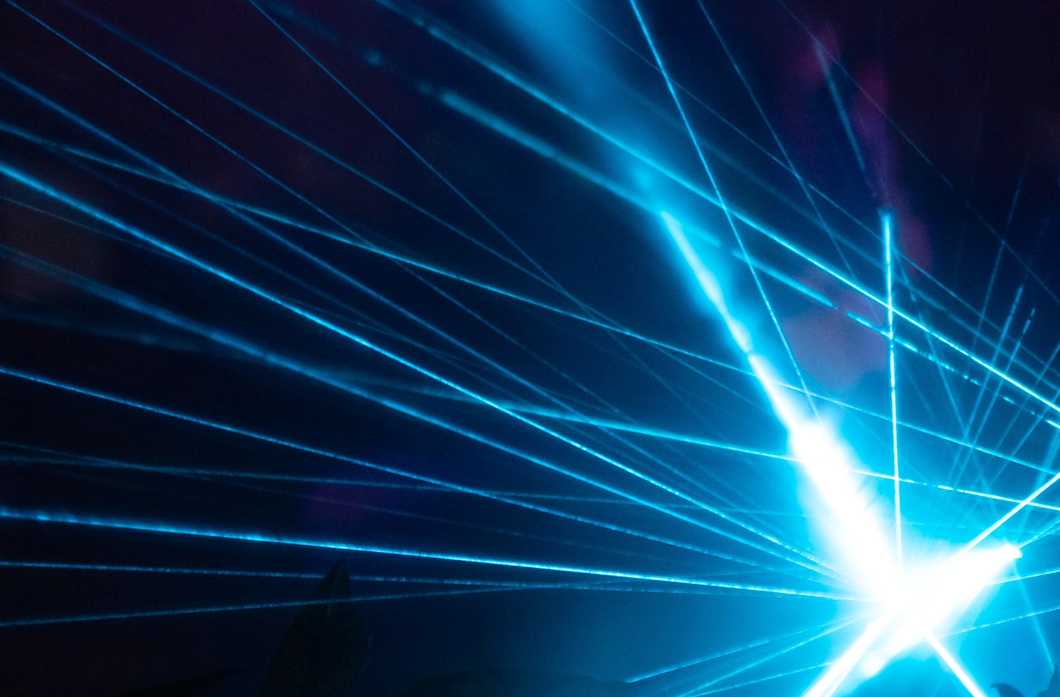LA-ICP-MS analysis
Laser ablation-inductively coupled plasma-mass spectrometry (LA-ICP-MS) is a powerful analytical technique for analyzing the surfaces of solid materials with little to no sample preparation. LA-ICP-MS is often used to study thin films, but it has additional applications in fields including chemistry, biology, materials science, and geology.

What is LA-ICP-MS used for?
LA-ICP-MS is used to gather information on the elemental makeup of solid surfaces. It can identify metallic impurities with very high sensitivity (down to ppb-level). This makes LA-ICP-MS an effective method for trace elemental analysis.
Due to the nature of laser ablation, it is not necessary to dissolve or vaporize the sample by conventional means, which means that the analysis can be conducted directly on the surface of a solid sample. Furthermore, the technique is suitable for a wide range of sample sizes.
LA-ICP-MS is used in several industries, ranging from chemistry and material science to geological and environmental analysis, and even bioimaging and forensics. As laser ablation tends to only remove a small amount of matter from the surface of the sample, it is a relatively non-destructive method, making it ideal for some more delicate sample types.
In semiconductor testing, another commonly used form of ICP-MS analysis is VPD-ICP-MS, which is especially well-suited for analyzing thin films and silicon wafers.
How does laser ablation ICP-MS work?
LA-ICP-MS analysis begins by exposing the sample to pulsed light from a laser. Usually, very quickly pulsed ultraviolet light is used to achieve the best results. The pulsation causes ablation to occur, which means that very fine particles are removed from the surface of the sample.
These particles are then collected and transported into the mass spectrometer using an inert, unreactive gas. The particles are broken down and ionized by a plasma source before they move to the main body of the spectrometer. Here, the ions reach a vacuum chamber and travel along it. As the ions accelerate across the length of the chamber, they are separated by their relative charges and masses.
Upon reaching the end of the chamber, the ions are detected and data on them is recorded. The collected data allows different types of ions to be identified and their relative abundances calculated. LA-ICP-MS thus provides valuable information on the makeup of the sample's surface.
Sample requirements and preparation
One of the main advantages of LA-ICP-MS as an analytical technique is that complicated sample preparation is not needed. Generally, most solid-state samples can be converted into an aerosol through laser ablation, which makes them suitable for analysis.
Need a laser ablation ICP-MS analysis?
Measurlabs offers laboratory testing with LA-ICP-MS and other advanced analytical techniques, such as ToF-ERDA and GD-OES. From tens to hundreds of samples, we ensure your analyses are handled on time, with the highest quality. Should you need assistance with method selection, our testing experts are always here to help craft testing plans and offer their best recommendations. Contact us through the form below to get a quote and start the discussion.
Suitable sample matrices
- Solid state samples
- Crystals
- Metals
- Geological samples
- Solid biological matter
- Semiconductors
Ideal uses of LA-ICP-MS analysis
- Determining metal concentrations on ALD thin films
- Analyzing the surface composition of new materials
- Thin film depth profiling
Ask for an offer
Fill in the form, and we'll reply in one business day.
Have questions or need help? Email us at info@measurlabs.com or call our sales team.
Frequently asked questions
LA-ICP-MS is used to analyze the surfaces of solid materials, having applications in chemistry, biology, material science, geology, forensics, and several other fields.
The method can be used to analyze the surfaces of solid materials like crystals, metals, geological samples, and solid biological matter.
Measurlabs offers a variety of laboratory analyses for product developers and quality managers. We perform some of the analyses in our own lab, but mostly we outsource them to carefully selected partner laboratories. This way we can send each sample to the lab that is best suited for the purpose, and offer high-quality analyses with more than a thousand different methods to our clients.
When you contact us through our contact form or by email, one of our specialists will take ownership of your case and answer your query. You get an offer with all the necessary details about the analysis, and can send your samples to the indicated address. We will then take care of sending your samples to the correct laboratories and write a clear report on the results for you.
Samples are usually delivered to our laboratory via courier. Contact us for further details before sending samples.